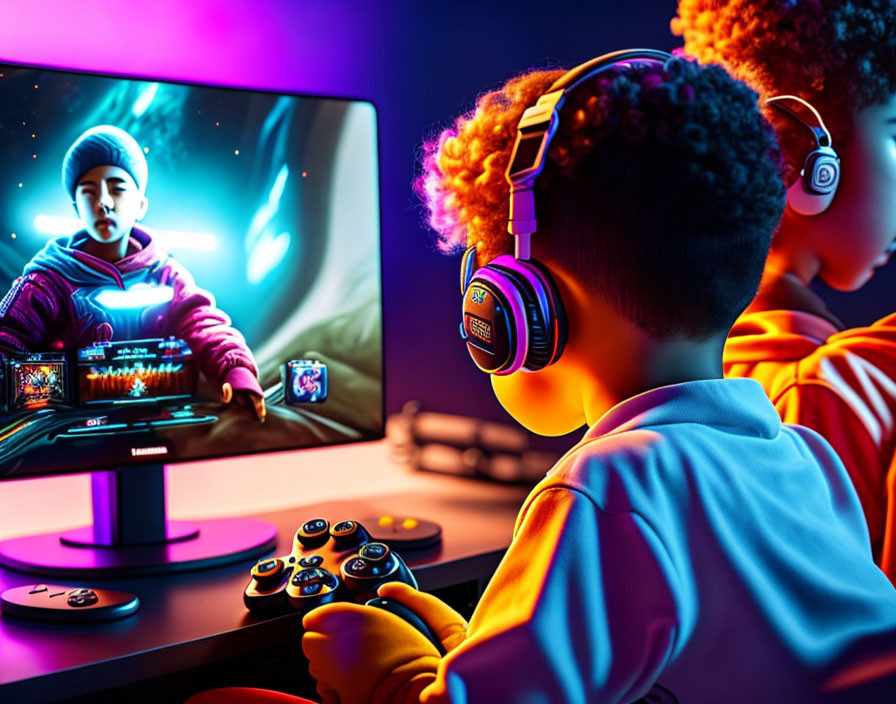In today’s digital age, video games have become an integral part of the lives of many adolescents. As this form of entertainment continues to evolve, there is an ongoing debate regarding the impact of video games on the cognitive development and social skills of young individuals. In this blog post, we will explore the effects of video games on the intellectual growth and social abilities of adolescents, shedding light on both the positive and negative aspects of gaming.
Cognitive Development:
Problem-Solving Skills:
Many video games require players to solve complex problems and puzzles. This can enhance the cognitive abilities of adolescents by promoting logical thinking and problem-solving skills.
Hand-Eye Coordination:
Action-based video games often demand quick reflexes and precise hand-eye coordination. Playing these games can improve an adolescent’s ability to react swiftly and make accurate movements.
Strategic Thinking:
Strategy games encourage adolescents to think strategically, plan ahead, and make informed decisions. These skills can be valuable in various aspects of life, including academics and career choices.
Social Skills:
Online Communication:
Multiplayer video games, especially those played online, require effective communication and teamwork. Adolescents learn to collaborate, coordinate, and interact with teammates, improving their online communication skills.
Empathy Development:
Story-driven games often immerse players in complex narratives with relatable characters. This can stimulate empathy and emotional intelligence in adolescents as they connect with the in-game characters’ experiences.
Potential Negative Effects on Social Skills:
Social Isolation:
Excessive gaming can lead to social isolation as adolescents may choose to spend more time in virtual worlds and less time engaging with peers in the real world. Face-to-face social interactions may decrease.
Addiction:
Video game addiction is a concern, and it can lead to a neglect of real-life relationships and responsibilities. An unhealthy attachment to gaming can negatively impact social skills.
Balancing Video Game Use:
It is essential for adolescents and their parents to find a balance when it comes to video game use. Here are some tips for achieving that balance:
Set reasonable time limits for gaming to ensure that it doesn’t interfere with other important activities.
Encourage a variety of hobbies and interests beyond gaming to promote well-rounded development.
Monitor the content of the games played, ensuring they are age-appropriate and have educational value.
Promote in-person social interactions and activities to counterbalance the potential isolation caused by excessive gaming.
Conclusion:
Video games can have both positive and negative effects on the cognitive development and social skills of adolescents. When used in moderation and with proper guidance, video games can offer valuable learning experiences and entertainment. The key is to strike a balance that allows young individuals to enjoy the benefits of gaming while maintaining healthy real-world connections and responsibilities.

